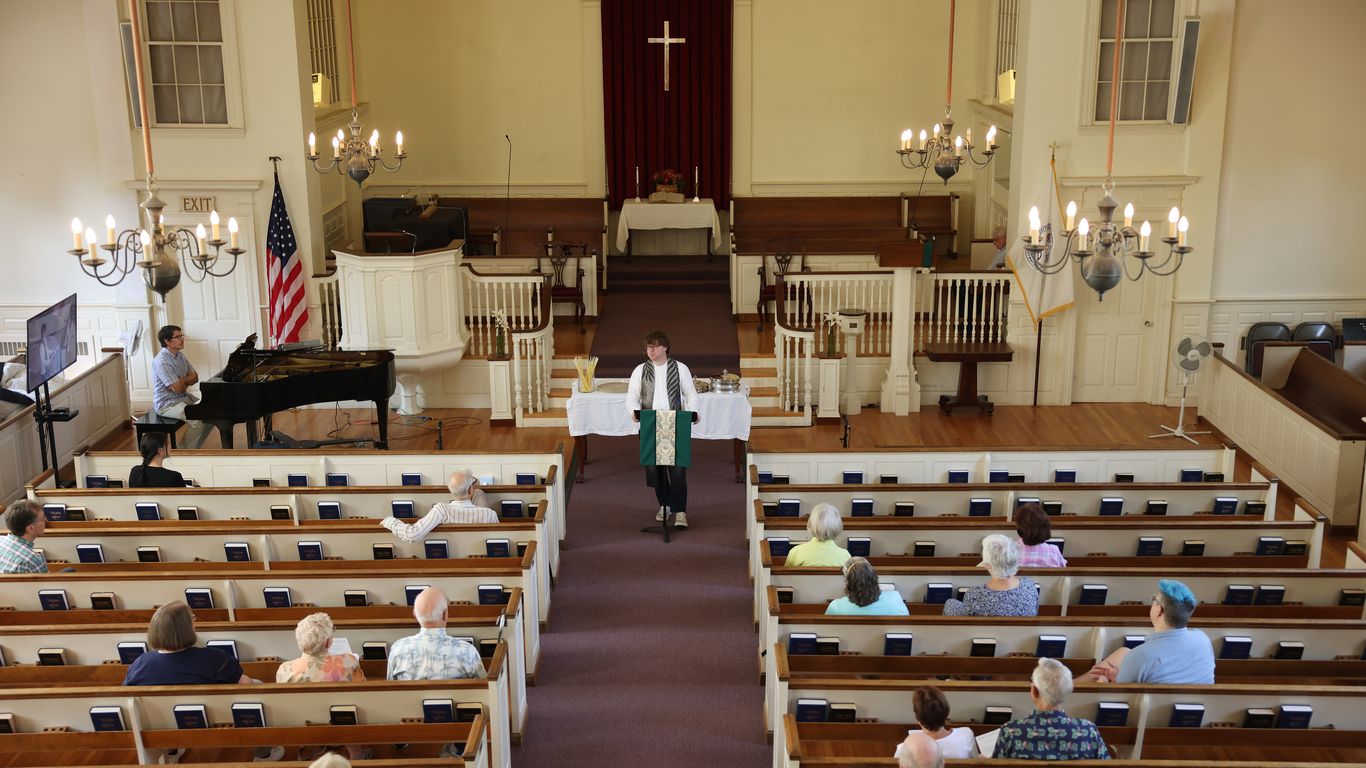
"By the numbers: In the latest Gallup Poll released Thursday, only 49% of U.S. adults say religion is essential to their daily life, down from 66% in 2015. That decline is among the biggest measured globally since 2007. Among 38 Organization for Economic Co-operation and Development (OECD) nations, a median of 36% of adults call religion important - a figure the U.S. is rapidly approaching."
"'Such large declines are rare,' Gallup researchers Benedict Vigers and Julie Ray wrote. Vigers and Ray said that only 14 out of more than 160 countries have seen drops of over 15 percentage points in religious importance over the past decade. 'The U.S. increasingly stands as an outlier: less religious than much of the world, but still more devout than most of its economic peers.'"
"An unprecedented 15,000 churches in the U.S. are estimated to shut their doors this year, far more than the few thousand expected to open, according to denominational reports and church consultants. A record number of Americans (29%) also are identifying as religiously unaffiliated, and 62% identify as Christians, down from 78% in 2007, according to the Pew Research Center. While fewer Americans identify as Christian, faith-based communities and institutions remain profoundly influential in politics, social networks and philanthropy."
49% of U.S. adults say religion is essential to daily life, down from 66% in 2015. The decline ranks among the largest measured globally since 2007. A median of 36% of adults across 38 OECD nations call religion important, a level the U.S. is rapidly approaching. Only a small number of mostly wealthy nations have seen larger drops, including Greece and Italy. An estimated 15,000 U.S. churches may close this year. Religious unaffiliated Americans reached 29%, while 62% identify as Christian, down from 78% in 2007. Faith-based institutions continue to influence politics, networks, and philanthropy.
Read at Axios
Unable to calculate read time
Collection
[
|
...
]